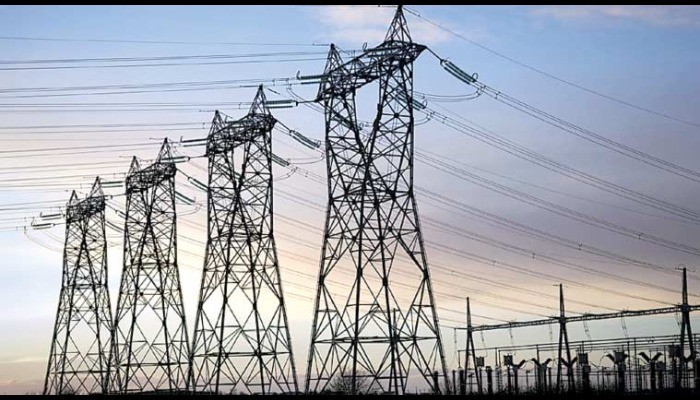Electricity customers on Band A feeders may face a potential tariff increase due to a rising electricity tariff shortfall, commonly referred to as a subsidy.
As of September, the electricity subsidy to be paid by the Federal Government has surged to N181.63 billion, up from N102.30 billion in May. When the Nigerian Electricity Regulatory Commission (NERC) announced the removal of subsidies for Band A feeders in April, the subsidy stood at N140.7 billion.
To maintain liquidity in the sector, the government ceased paying subsidies for Band A customers, who typically receive a minimum of 20 hours of electricity daily, increasing their tariff to N225 per kilowatt-hour. This decision sparked significant backlash from Nigerians, including labor unions and educational and healthcare institutions, as many experienced a threefold increase in their electricity bills.
In May, when the subsidy amount dropped to N102.30 billion, the government reduced the Band A tariff to N206.80 per kWh. However, this tariff was subsequently raised to N209 per kWh in early July, coinciding with an increase in the subsidy to N158 billion in June.
NERC data indicates that the subsidy continued to rise, reaching N163.87 billion in July, N173.88 billion in August, and N181.63 billion in September, fueling speculation of another tariff hike in October’s Multi-Year Tariff Order unless power generation costs decrease.
The ongoing foreign exchange crisis has been a major contributor to the electricity subsidy. NERC reported the dollar exchange rate as N1,494.1 in July, N1,564.3 in August, and N1,601.5 in September. The regulator noted that fluctuations in the dollar rate and inflation are key factors in determining power production costs.
According to the latest MYTO order for September, NERC stated that any supplementary orders must reflect changes in factors outside the control of licensees, including inflation rates, the naira-to-dollar exchange rate, available generation capacity, and gas prices necessary for determining cost-reflective tariffs. For September, the exchange rate was set at N1,601.50 to one dollar, while the inflation rate in Nigeria was noted at 33.40% for July 2024.
As of September, NERC maintained a benchmark gas-to-power price of $2.42 per MMBTU, as established by the Nigerian Midstream and Downstream Petroleum Regulatory Authority, in accordance with the Petroleum Industry Act 2021.
Power generation costs are also being affected by contracted gas supply and transportation prices outside the domestic gas delivery obligations.
Despite previous reductions in the Band A tariff due to a strengthening naira in the foreign exchange market, the Federal Government has not yet approved a new tariff hike, likely due to the current economic challenges, including rising petrol prices.
In the Abuja Electricity Distribution Company (AEDC), energy delivery remained consistent, with 611 megawatt-hours per hour from April through September. However, the cost of generation fluctuated, dropping from N103.9 per kWh in April to N87.33 per kWh in May, then rising again to N113.69 per kWh in September.
Data shows that the end-user cost-reflective tariff in AEDC was N185 per kWh in July, N192.2 per kWh in August, and N195.5 per kWh in September. Despite the rising generation costs, the allowed tariffs remained unchanged at N117.31 per kWh over the same three months, prompting complaints from distribution companies (Discos) about non-cost-reflective tariffs.
Some Discos are reportedly refusing to accept electricity allocations from the grid, calling for the removal of subsidies across all bands. A top official from one Disco, who requested anonymity, indicated that the companies are operating at a loss and that a resolution would require improved tariffs for the other bands and increased meter penetration for cost recovery.
Minister of Power Adebayo Adelabu recently expressed concern over Discos rejecting power supply, describing the situation as regrettable. He noted that generation had peaked above 5,000 megawatts but had to be reduced by 1,400 MW due to Discos’ inability to accept the supply.
Adelabu urged power distribution companies to take on more energy to prevent grid instability, emphasizing that the grid’s frequency declines when power is generated but not utilized.



